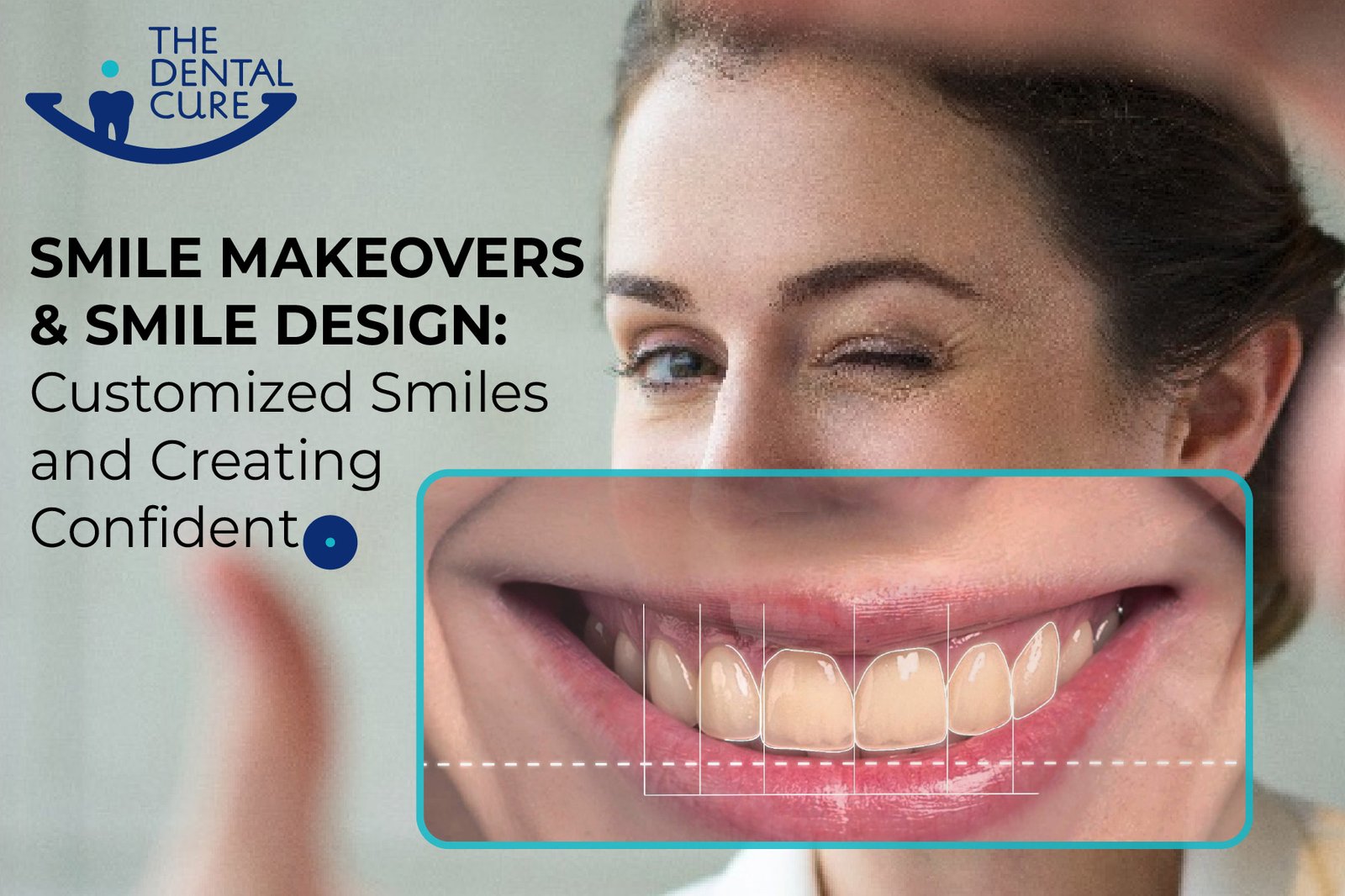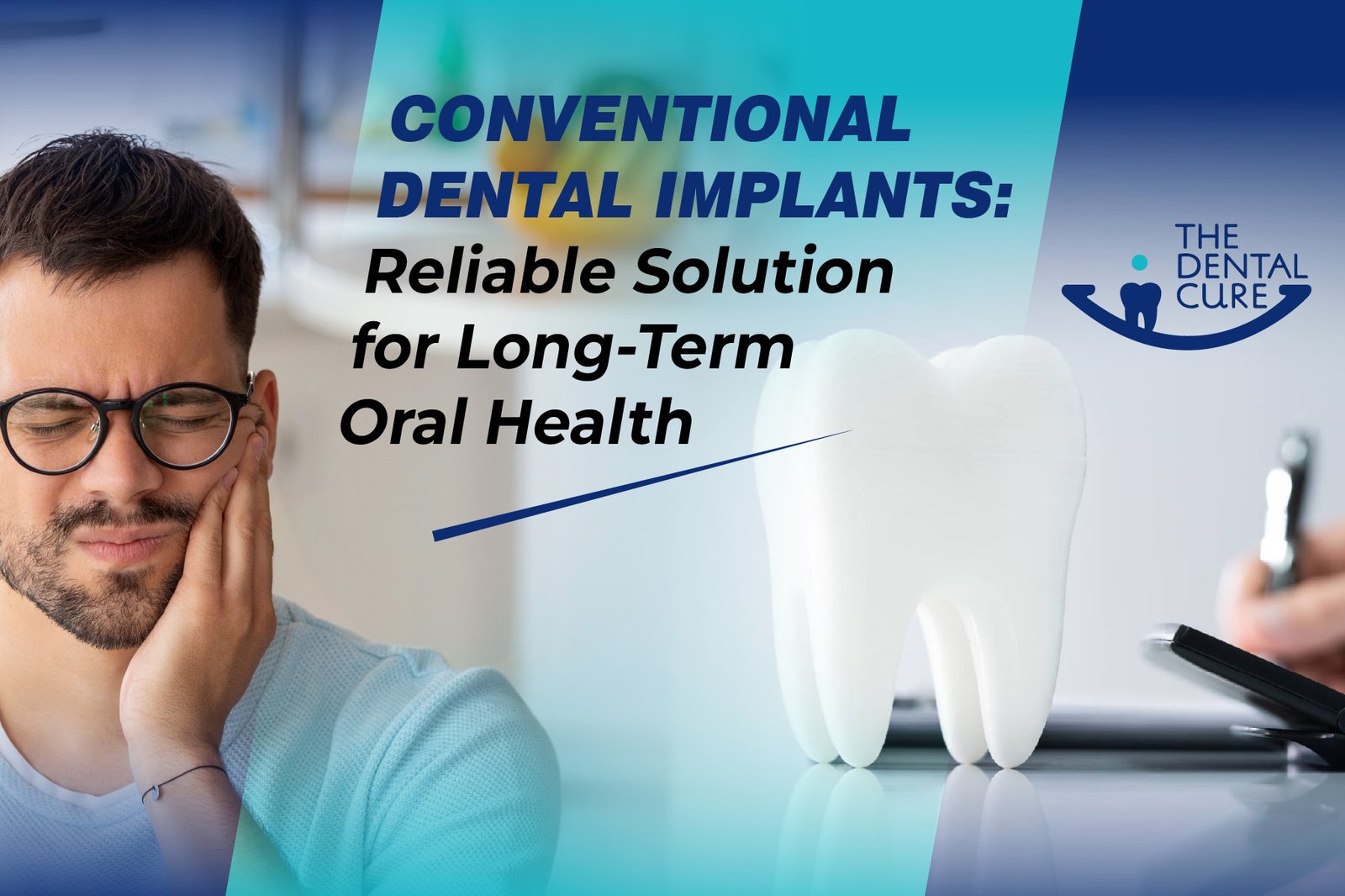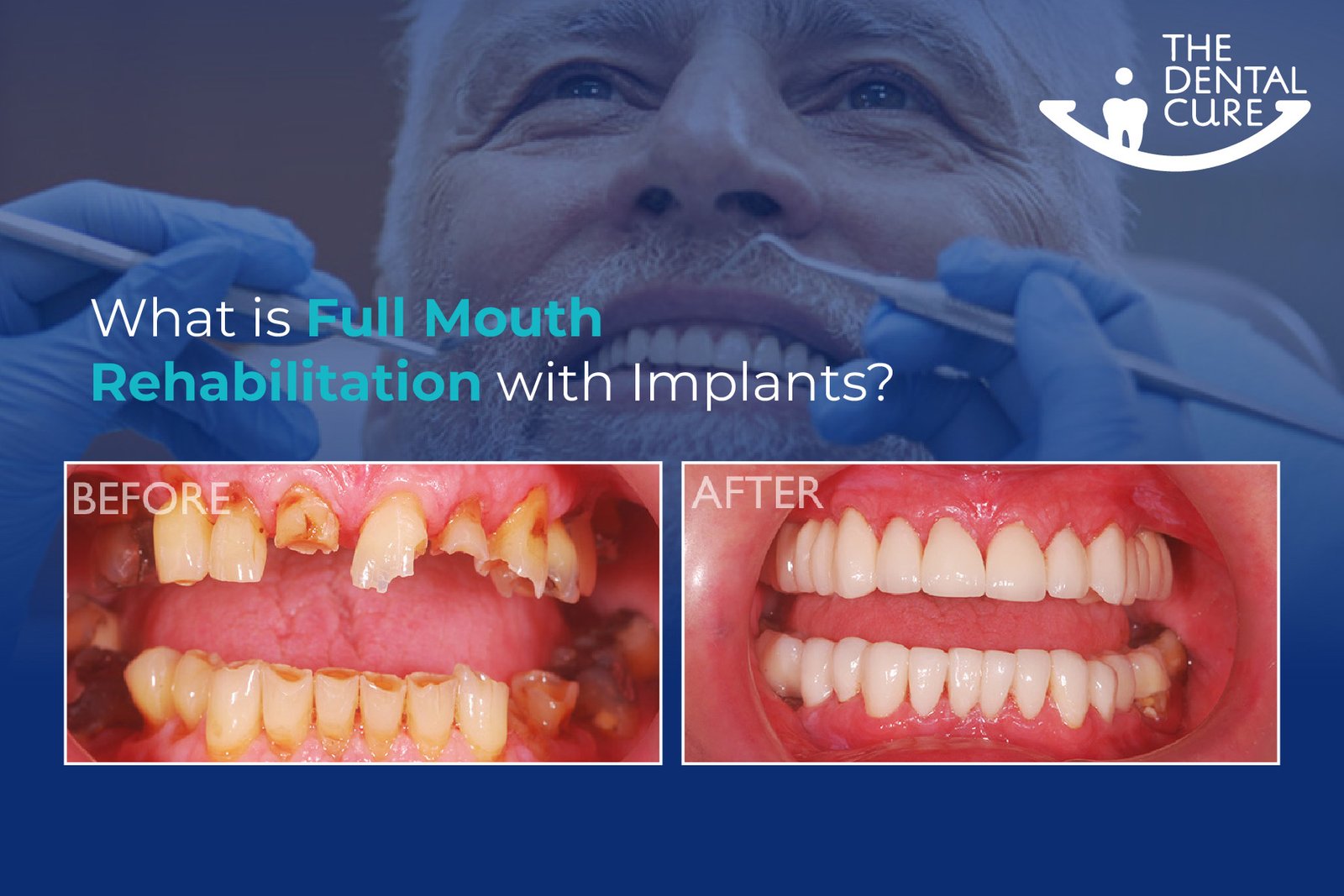Losing a tooth or multiple teeth can affect your smile, confidence and oral health. Fortunately, modern dental technology offers several effective options for teeth replacement. In this blog, we’ll explain these solutions, their benefits and realistic costs in India to help you make the right choice.

1. Dental Implants
What Are Dental Implants? Dental implants are a permanent solution for missing teeth. They involve placing a titanium post into the jawbone, acting as an artificial tooth root, with a crown on top that looks and works like a natural tooth.
Benefits:
- Long-lasting and durable.
- Feels and functions like natural teeth.
- Prevents bone loss in the jaw.
Drawbacks:
- High initial cost compared to other options.
- Requires surgery and healing time.
Cost in India:
- Single Tooth Implant: ₹25,000 – ₹50,000.
- Full Mouth Implants: ₹5,00,000 – ₹8,00,000.
2. Dental Bridges
What Are Dental Bridges? A dental bridge replaces one or more missing teeth by anchoring artificial teeth to nearby natural teeth or implants.
Benefits:
- Natural-looking and functional.
- Faster procedure compared to implants.
- More affordable than implants.
Drawbacks:
- Requires grinding of adjacent teeth.
- Needs replacement every 10-15 years.
Cost in India:
- ₹15,000 – ₹40,000, depending on the materials used and the number of teeth replaced.
3. Dentures
What Are Dentures? Dentures are removable appliances that replace missing teeth and surrounding tissue. They can be full (all teeth) or partial (some teeth).
Benefits:
- Most affordable option.
- Non-invasive and easy to adjust.
Drawbacks:
- May slip or cause discomfort.
- Does not prevent bone loss.
Cost in India:
- Partial Dentures: ₹5,000 – ₹15,000.
- Full Dentures: ₹20,000 – ₹50,000 per arch.
Factors Influencing Costs
The cost of teeth replacement depends on:
- Location: Dental fees vary across cities and regions in India.
- Materials: Higher-quality materials, such as porcelain, are more expensive.
- Additional Procedures: Bone grafts, extractions, or sinus lifts may add to the expense.
- Insurance: Some dental insurance plans cover partial costs.
Choosing the Right Option
The best solution depends on your oral health, budget and preferences. Dental implants are durable but costlier, while dentures and bridges are more affordable alternatives. Consulting a dentist will help you choose the most suitable option.
Teeth replacement not only restores your smile but also improves your overall quality of life. Whether you choose implants, bridges, or dentures, there is an option to suit your needs and budget.
For expert advice, affordable options and personalized care, visit The Dental Cure to find the best solution for your smile!
FAQs
-
What are the differences between dental implants and dentures?
Dental implants are permanent fixtures surgically placed into the jawbone, functioning like natural teeth. Dentures, however, are removable appliances used to replace missing teeth and surrounding tissues.
-
How long do dental implants and dentures last?
Dental implants can last a lifetime with proper care. Dentures generally last 5-10 years and may need adjustments or replacements over time.
-
Are dental implants more expensive than dentures?
Yes, dental implants have a higher upfront cost. In India, a single implant costs ₹25,000 to ₹70,000, while dentures are more affordable, with prices varying based on type and quality.
-
Do dental implants require special care?
Implants require routine oral hygiene, like brushing, flossing and regular dental check-ups. Dentures need to be removed for cleaning and require specific maintenance to retain their fit and condition.
-
Can anyone get dental implants?
Most people in good health can receive dental implants, provided they have sufficient bone density in the jaw. A dentist will evaluate individual conditions to determine suitability.
-
How long does the dental implant procedure take?
The process can take several months, including consultation, implant placement, healing (osseointegration) and attaching the crown.
-
Are there risks associated with dental implants?
Risks include infection, nerve damage, or implant failure, but these are rare when performed by experienced professionals.
-
Which is more comfortable: implants or dentures?
Implants feel and function like natural teeth, offering greater comfort. Dentures may need adjustments and could cause some initial discomfort.
-
Do dental implants prevent bone loss?
Yes, implants stimulate the jawbone and prevent bone loss. Dentures, however, do not offer this benefit and may contribute to bone deterioration.
-
How do I decide between dental implants and dentures?
Factors such as oral health, bone density, budget and personal preference influence the choice. Consult with a dental professional to make the best decision.







